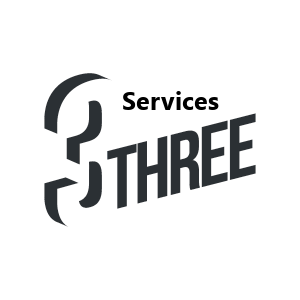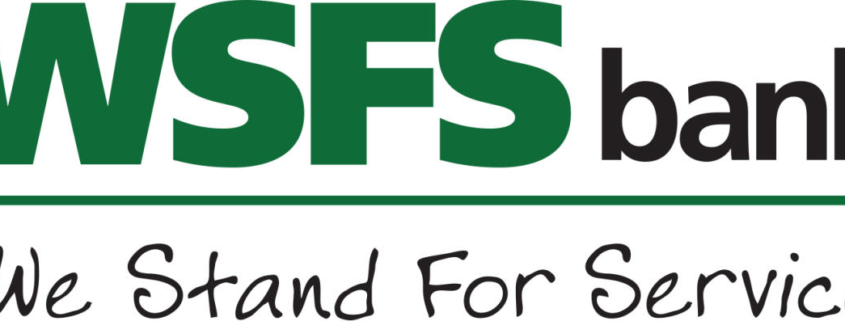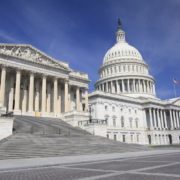While respondents’ views of the past two years mainly reflect economic challenges encountered, many plan to seek financing to invest in key business needs in 2025, signaling an optimistic shift. Additionally, these owners are confident in their ability to secure that financing. The most common planned investments include purchasing equipment (26%), obtaining working capital (25%), and funding expansions (24%).
“Small businesses have demonstrated remarkable adaptability in an environment where uncertainty has become the norm,” said Candice Caruso, Senior Vice President, Chief Business Banking Officer, WSFS Bank. “Many small business owners are planning ahead and transforming their businesses by embracing technology, refining operational efficiencies, and seeking new ways to serve their customers. We are proud of the role that WSFS plays in helping to propel these investments and keeping small businesses at the heart of the communities they serve.”
In response to these challenges, more than half (54%) of respondents have cut back on non-essential spending, with many opting for more affordable suppliers (27%). Additionally, one-quarter of respondents have chosen to delay non-essential investments.
“As small businesses navigate an evolving economic landscape, it’s more important than ever to closely examine areas like debt management, strengthening vendor relationships, and exploring strategic financing options to fuel growth,” said Jeremy Shackleford, Senior Vice President, Director of Small Business Sales for WSFS Bank. “Additionally, businesses should continue to monitor and build their credit profiles, as well as work with trusted partners, like their banker and accountant, to identify opportunities for cost savings. By taking these steps, small businesses can not only weather current challenges but better position themselves for the future.”
Banking Expectations and Preferences
When selecting a banking partner, the majority (53%) report banking with a large national bank, while nearly three in ten (29%) report using a smaller regional bank. Small community banks are the least common, with 16% using these as their banking partner.
When it comes to expectations from their banking partner, small business owners most frequently seek assistance with obtaining business credit cards, with over half (53%) relying on their banking partner for this. Cash flow management (38%) and capital for growth (36%) are also common expectations. Additionally, one-third (33%) of small business owners expect payment solutions and merchant services from their banking partner.
About half of respondents report their banker is proactive in helping with loans and lending solutions as well as providing tools and resources (both 51%). However, less than half feel their bank is proactive in helping them navigate economic uncertainty (46%) and with business planning (47%).
“The last several years have taught us to expect the unexpected. As a regional bank, we work to form strong partnerships with our small business Clients to best serve their needs with intimate knowledge of the communities where they operate and the local decision-making capabilities to help them reach their goals,” Caruso explained. “It’s key at the onset of your banking relationship to establish expectations and reevaluate those regularly. When it comes to preparing for economic headwinds and long-term planning, proactive support from a banking partner is a must.”
When it comes to meeting with their banker in person versus face to face, small business leaders are fairly split between what they prefer within specific circumstances. For example, small business owners are equally split between preferring in-person meetings (35%), preferring virtual meetings (32%), and being impartial (34%) for obtaining business credit cards. However, when it comes to more nuanced services – such as customized business planning and lending, the majority prefer to be in person (66% and 62%, respectively).
Deep Dive: Read the full report on survey results.
Survey Methodology
The survey was conducted by market research and insights agency Opinium. The sample includes a survey of 597 small business owners/decision makers, with 351 respondents from the Mid-Atlantic and 246 from the broader U.S. All respondents were over the age of 18. The online survey was conducted from November 18 – December 2, 2024. It has a margin of error of +/- 4 percent.
About Opinium, Inc.
Opinium is an award-winning strategic insight agency built on the belief that in a world of uncertainty and complexity, success depends on the ability to stay on pulse of what people think, feel and do. Creative and inquisitive, we are passionate about empowering our clients to make the decisions that matter. We work with organizations to define and overcome strategic challenges – helping them to get to grips with the world in which their brands operate. We use the right approach and methodology to deliver robust insights, strategic counsel and targeted recommendations that generate change and positive outcomes.
About WSFS Financial Corporation
WSFS Financial Corporation is a multibillion-dollar financial services company. Its primary subsidiary, WSFS Bank, is the oldest and largest locally headquartered bank and trust company in the Greater Philadelphia and Delaware region. As of September 30, 2024, WSFS Financial Corporation had $20.9 billion in assets on its balance sheet and $87.2 billion in assets under management and administration. WSFS operates from 114 offices, 88 of which are banking offices, located in Pennsylvania (57), Delaware (39), New Jersey (14), Florida (2), Nevada (1) and Virginia (1) and provides comprehensive financial services including commercial banking, consumer banking, treasury management and trust and wealth management. Other subsidiaries or divisions include Arrow Land Transfer, Bryn Mawr Capital Management, LLC, Bryn Mawr Trust®, The Bryn Mawr Trust Company of Delaware, Cash Connect®, NewLane Finance®, Powdermill® Financial Solutions, WSFS Institutional Services®, WSFS Mortgage®, and WSFS Wealth® Investments. Serving the Greater Delaware Valley since 1832, WSFS Bank is one of the ten oldest banks in the United States continuously operating under the same name. For more information, please visit www.wsfsbank.com.
View source version on businesswire.com: https://www.businesswire.com/news/home/20250121251376/en/
Contacts
Media Contact: Andrew Davison
(215) 309-1064
adavison@wsfsbank.com











